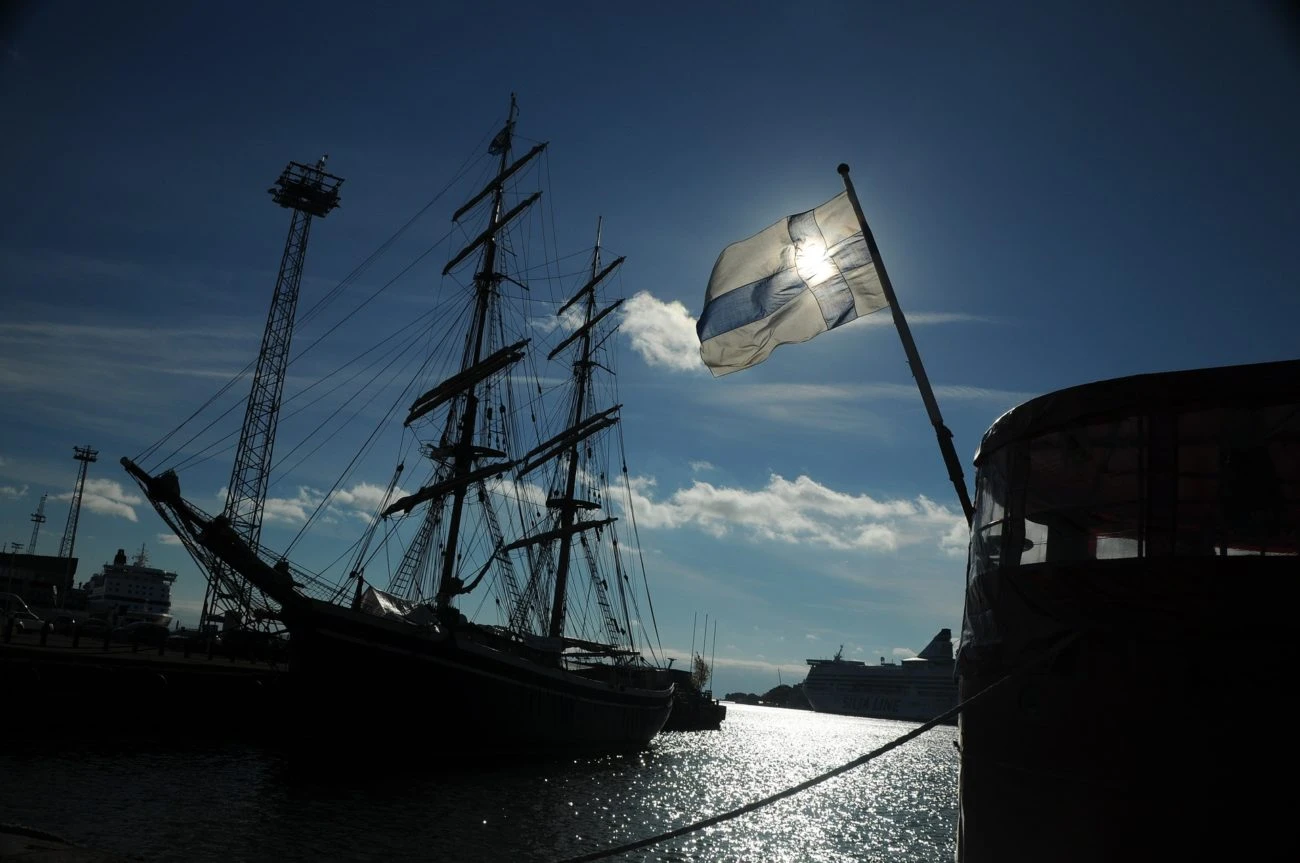EGBA sets out the case for end to Finnish gambling monopoly

The association pointed out Finland was the only European Union member state that still maintained a gambling monopoly, something that had allowed Veikkaus to grow into one of the biggest operators on the continent, with annual revenue of €1.6bn.
“Yet these days you are more likely to hear criticisms of Veikkaus and its prevalence across Finnish society,” EGBA secretary general Maarten Haijer said.
Haijer said its slot network was so large that for every one ATM in the country, there were ten slot machines, something Veikkaus is looking to address by taking 8,000 machines out of service by the end of the year.
However, this is accompanied by public opinion shifting in favour of an end to the monopoly, as evidenced by a widely circulated 2019 survey from affiliate Kasino Curt.
This growing demand for alternative forms of gambling, Haijer explained, was largely down to the fact it is simply impossible to enforce a monopoly system online.
“This means that more choice or alternatives to Veikkaus can easily found on the internet with international betting websites,” he said. “A recent survey showed that last year 16.4% of Finland’s online gambling revenue, equivalent to €105m in taxable revenue, was spent by Finns on international betting websites which pay their taxes elsewhere.”
These sites, he said, offer better returns, higher winnings and a wider selection of products.
There was little evidence of Finnish citizens being protected from gambling related harm under the monopoly framework, Haijer continued. The country’s Institute for Health and Welfare estimated the country’s problem gambling rate to be around 3%, putting it ten times higher than Spain’s 0.3% prevalence despite that country being much larger, and without any online monopoly.
“There is no compelling evidence that Finns are in any way better protected that their European counterparts because of the country’s online gambling monopoly – it’s a myth,” Haijer said.
Veikkaus’ own survey, conducted between February and April, suggested a lower rate – though not by much – at 2.3%.
Furthermore, EGBA continued, other Nordic nations had benefitted from ending their gambling monopolies. Denmark saw offshore gambling fall from 28% of stakes when the market was regulated in 2012 to just 8% in 2019. Sweden, meanwhile, reduced the size of its offshore market from 56% in 2016 to 15% in 2020, the second year of regulation.
This, Haijer said in conclusion, presented a clear choice to the Finnish government.
“Replacing the monopoly with an open-licensing system is not about getting more people in Finland to gamble, nor is it about killing off Veikkaus,” he said. “Rather, it is the sensible way to meet the demands of those Finnish gamblers who seek an alternative to the monopoly and currently gamble on international gambling websites – and to regulate and tax this activity.
“Introducing open-licensing for online gambling is not revolutionary, it is evolutionary, and will ensure that most Finns gamble in a regulated and protected environment. But adapted to the realities of our times.
“All other EU countries have already done this, it makes sense, and it’s time for Finland to do the same.”
In related news, Veikkaus has completed negotiations with employee representatives over furloughing as many as 800 staff from across its retail network. The furloughs will come into effect from early January, with those who cannot be redeployed from the operator’s casinos and gaming halls into other parts of the business.
The furloughs – which will not result in redundancy – will last for a maximum of 90 days, with staff to also be put on paid leave to avoid permanent layoffs. They will be in effect while retail gaming venues are temporarily shuttered as a result of the country’s novel coronavirus (Covid-19) restrictions.
“The current goal is to restore the business and open Veikkaus’ own gaming venues and decentralised slot machines when the situation in the hospital district allows it,” the operator’s director of channels and sales Jari Heino explained. “In line with this goal, the layoffs in the area would end at the same time.”
The business can only offer land-based gaming in the hospital districts of Kainuu, Lapland, Eastern Savo and North Savo, where Covid-19 cases are in decline. It was forced to begin shutting its retail premises from late November amid a surge in the country’s infection rate.
